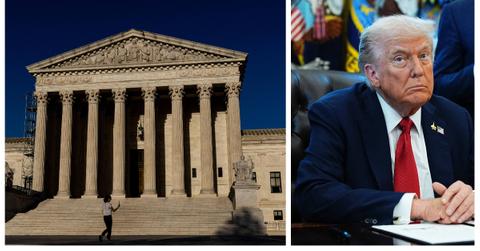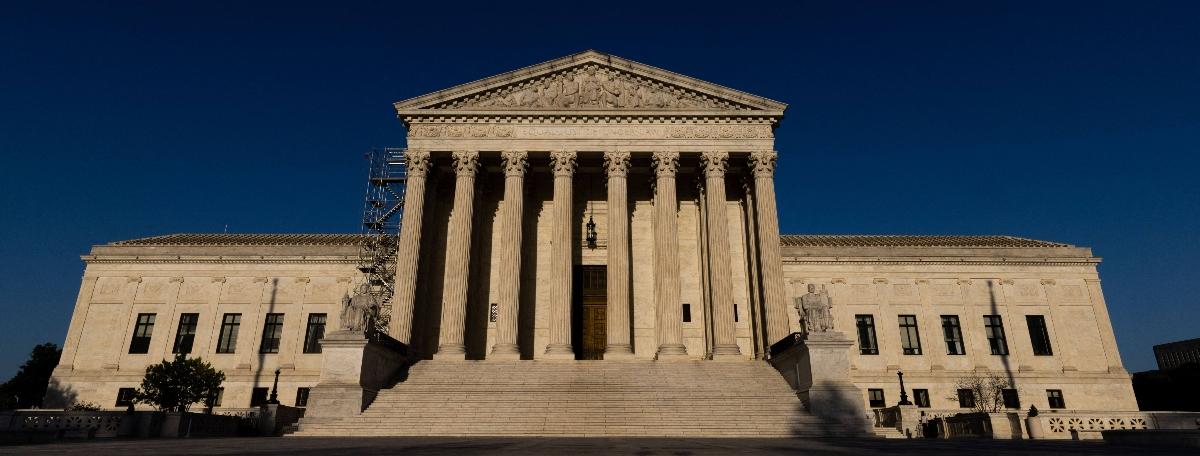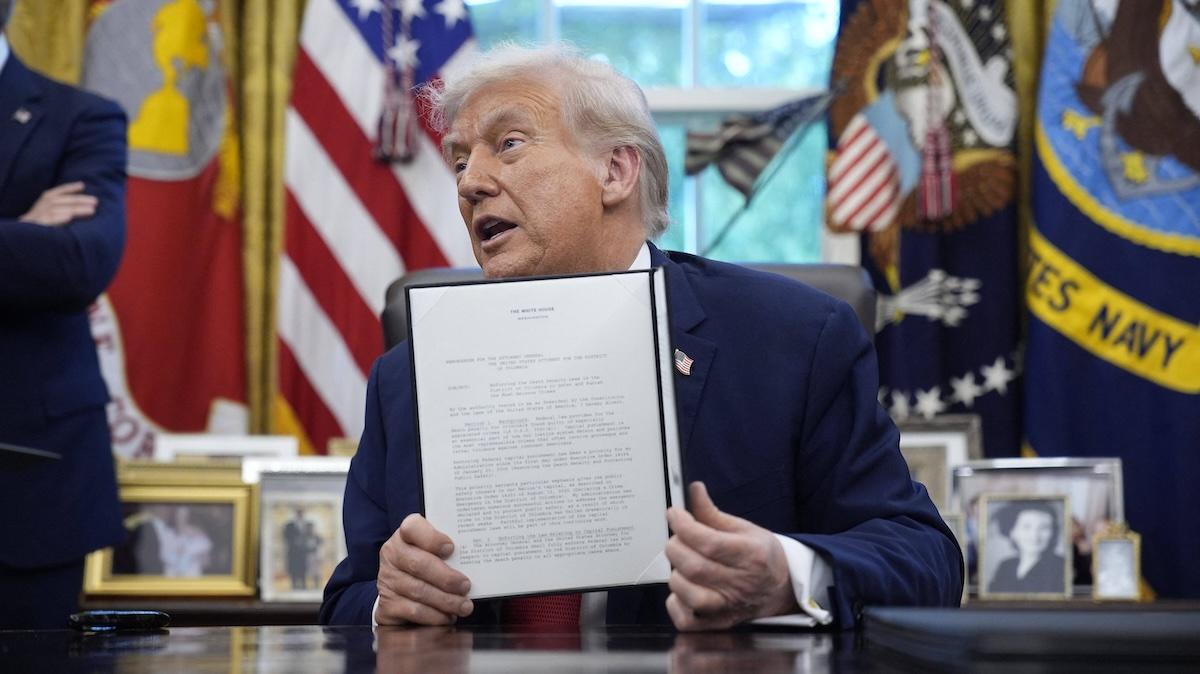Conversion Therapy Goes Before the Supreme Court — Here’s What’s at Stake
When President Trump took office, he signed a flurry of executive orders, including one stating that there are only two genders.
Published Oct. 8 2025, 10:33 a.m. ET

According to the Museum of Health Care at Kingston in Canada, in 1899, German psychologist Albert von Schrenck-Notzing claimed he had found the cure for homosexuality.
He told a group of shocked individuals at a medical conference that this was achieved via hypnosis. This is widely regarded as the first use of conversion therapy, which is a practice that targets LGBTQ youth and seeks to change their sexual or gender identities, per the Human Rights Campaign.
In the 1950s, the American Psychiatric Association classified homosexuality as a mental disorder. By this time, electroconvulsive therapy (ECT) was being used to "treat" homosexuality. On occasion, more extreme measures were used, like lobotomies.
When faith and religion overtook science, gay conversion camps and conferences took hold in America. Eventually, states began banning conversion therapy, but it could return under President Trump's second administration. Here's what we know.

Is President Trump bringing back conversion therapy?
When President Trump took office for a second time, he signed a flurry of executive orders, including one stating that there are only two genders.
This executive order went on to say that no longer defining men and women replaces the "immutable biological reality of sex with an internal, fluid, and subjective sense of self unmoored from biological facts."

In response to the executive order, federal health officials published a report which prioritized the "role of psychotherapy" to treat gender dysphoria, per The New York Times.
In March 2025, the Supreme Court agreed to review a Colorado law that banned the use of conversion therapy on minors. Colorado is one of more than 20 states that have this ban. The law was challenged under the First Amendment by Kaley Chiles, a licensed counselor and practicing Christian, according to CNN.
Victims have submitted briefs supporting the conversion therapy ban.
Days after the Supreme Court returned from its 2025 summer break, one of its first orders of business was the Colorado conversion therapy law.
It was enacted in 2019 and bans licensed mental health professionals from using conversion therapy methods on patients under the age of 18. The question the Court must answer is whether dictating what a mental health professional can and cannot say violates their free speech.
Numerous victims wrote briefs in support of the ban, reported CNN. Matt Salmon recalled his experiences, which involved a group therapy session in which he stood in the middle of a group of teenagers who yelled slurs and obscenities at him.
Salmon was also forced to hug other men after his therapist said he was questioning his sexuality due to a "void" he needed to fill with "healthy male intimacy."
Chiles, who challenged the law in Colorado, told CNN the work she does helps patients accept their bodies as they are.
"The problem is that the state has decided that my clients are not allowed to make certain goals," she said. "People are struggling and suffering now because counselors like myself are not able to serve them without taking some pretty serious risks."
Those risks include a $5,000 fine and losing her license. The court is expected to render a decision by June 2025.